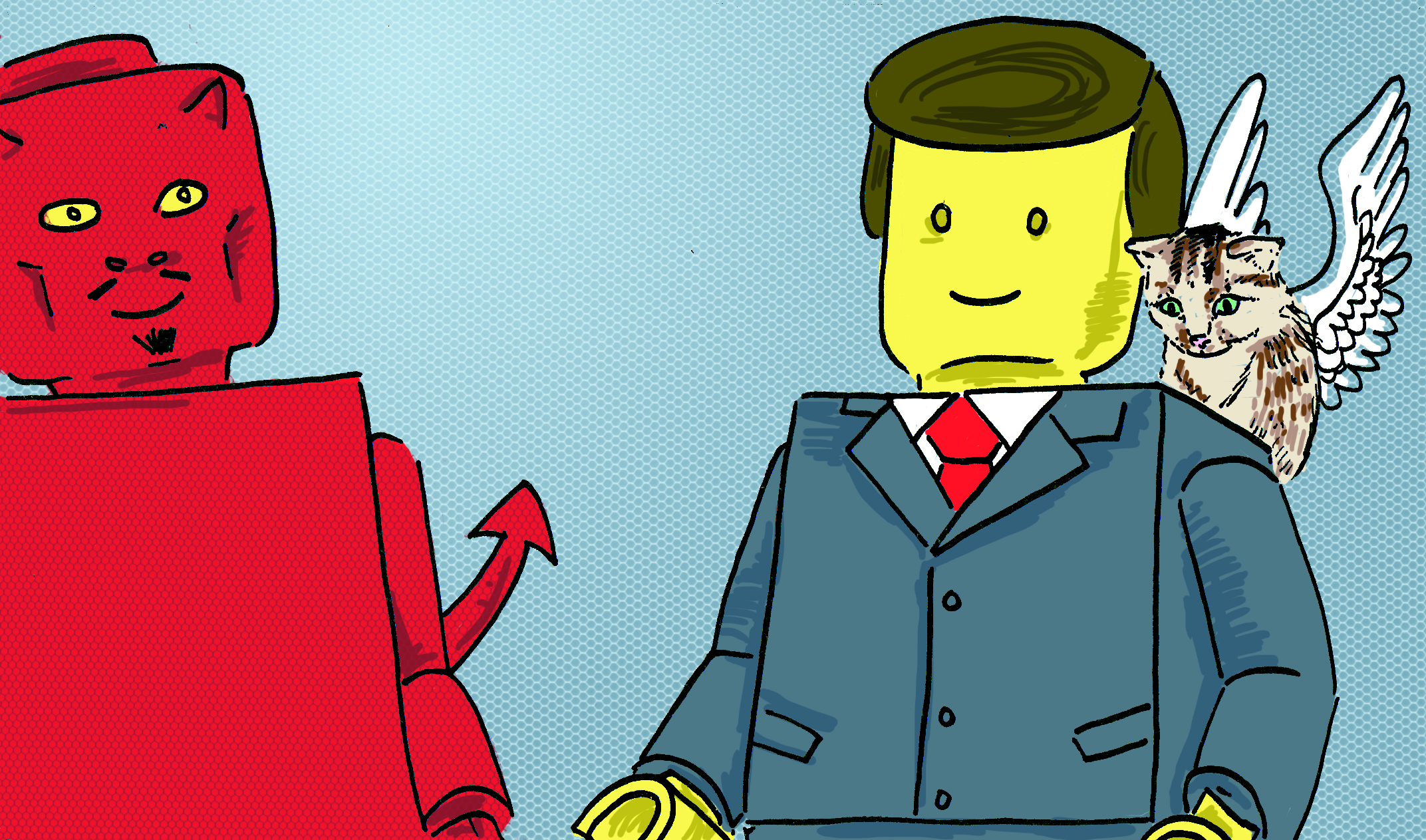Since it has been legal for me to vote I have not consistently committed to one political party, but I have never voted Conservative.
These decisions were based on their platforms and their priorities, which did not coincide with mine.
In the past few years the Conservative party has given me more cause to worry about the way they conduct themselves while running the country and their campaigns.
The first federal issue I remember being concerned by arose in 2008 when the opposition parties — the Liberals, the New Democrats and the Bloc Quebecois — considered forming a coalition government because Stephen Harper proposed to eliminate the voter subsidies that help support each party.
I have since learned that there are reasonable arguments for getting rid of the subsidy. However, Harper’s move coincided with a time when the lack of the subsidy would severely damage if not destroy the other parties. Therefore, it is still hard for me to believe his interest in the proposal was purely based on the good of the country.
On Nov. 10, 2011 the Conservative party and their fundraising arm pleaded guilty to Elections Act charges of exceeding the maximum allowable election expenses and not filing accurate records for them. They were fined $52,000 in exchange for having the charges dropped against four senior officials. This was a clear example of breaking laws designed to create a fair election process.
Also in November, the Conservative party did not deny being behind calls in Liberal MP Irwin Cotler’s riding. Callers falsely claimed Cotler was stepping down from his seat. The Conservative defence for this action was free speech.
I’ve always been under the impression that free speech is a right until it harms someone else. I don’t think free speech justifies knowingly spreading false information intended to harm another candidate’s campaign.
Nor do I believe those behind the automated calls, that seemed designed to discourage opposition votes in multiple ridings across the country in the 2011 federal election, could use free speech as a persuasive justification for their actions.
When some of these less-than-admirable deeds were brought up to Stephen Harper in regards to the automated phone calls he responded by saying they were all different controversies.
They may all be separate controversies but they do have one significant link: the alleged misconduct of the federal Conservative party.
In their defence of the recent “robocall” scandal the Conservatives have left open the possibility that it was one, uncontrolled party worker behind the calls. I find it hard to believe that one person could have orchestrated at least two different types of calls using specific voter information in up to 45 ridings completely unaided.
I do not think there is enough proof to say the Prime Minister or senior Conservative campaign strategists were involved in the scandal or even knew about it. But, there have been connections established between some Conservative campaigns and the phone companies that were used to make the phone calls in question.
It is not illegal to use automated calls, no matter how annoying the general public might find them, but the connection is concerning because the majority of the false calls seem to be advantageous for the Conservative party.
It is hard to know how much of an effect the phone-calls may have had on voters and how many phone-calls were made. Not all of the ridings that were affected elected a Conservative and some of the ridings that did had a plurality that does not look suspicious, so I am not shouting “I demand a recount.”
On the other hand, there were some ridings where voters claim to have been affected, that had a small margin of victory that could have been influenced by false phone calls.
For example, in my own riding, Winnipeg South Centre, the Conservative candidate, Joyce Bateman beat the Liberal incumbent, Anita Neville, by 1.8 per cent — or less than 800 — of the votes. In another Winnipeg riding, Elmwood-Transcona, the Conservative candidate, Lawrence Toet, won by 0.9 per cent of the votes over the NDP candidate, Jim Maloway.
More investigations need to be conducted before the extent of the situation can be accurately measured, but, even at this stage, it is not convincing when the Prime Minister calls it a smear campaign when the opposition party suggests a public inquiry.
Trying to “turn the tables” on the other parties is not admirable or productive behaviour from our leading party who, in my opinion, should be more focused on examining their own records to determine precisely what happened in the last federal election.
The opposition parties have the right to be concerned and to try and get to the bottom of the scandal.
In the next federal election I hope Canadians remember the misconduct of the federal Conservative party. Keep in mind the incidents I have listed are just the ones directly related to elections, which stood out to me.
I have my own qualms with Canada’s system of representation, but I have more qualms about a government connected to several acts disrespectful of the system and, by extension, the people the system is intended to serve.
I am not saying the Conservatives are the only party to collect their fair share of scandals. I am voicing my concern with them because they are currently the majority leaders of this country and should be setting a much better example of respecting our democratic process.


